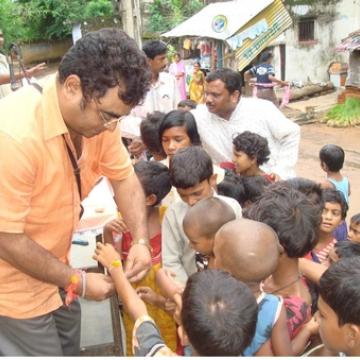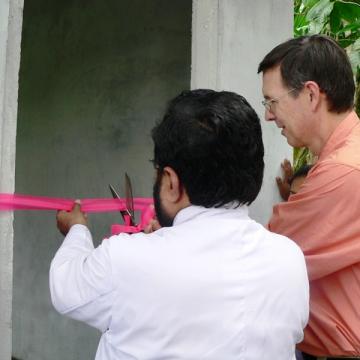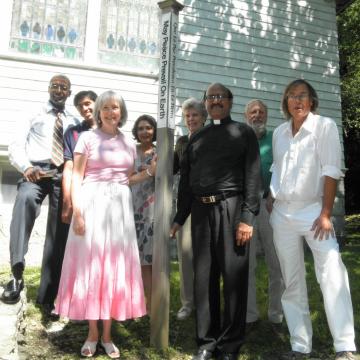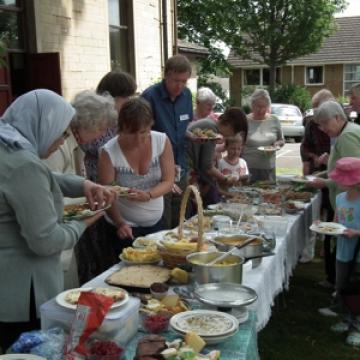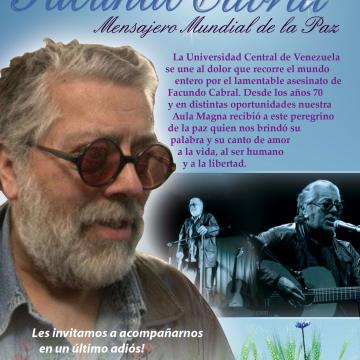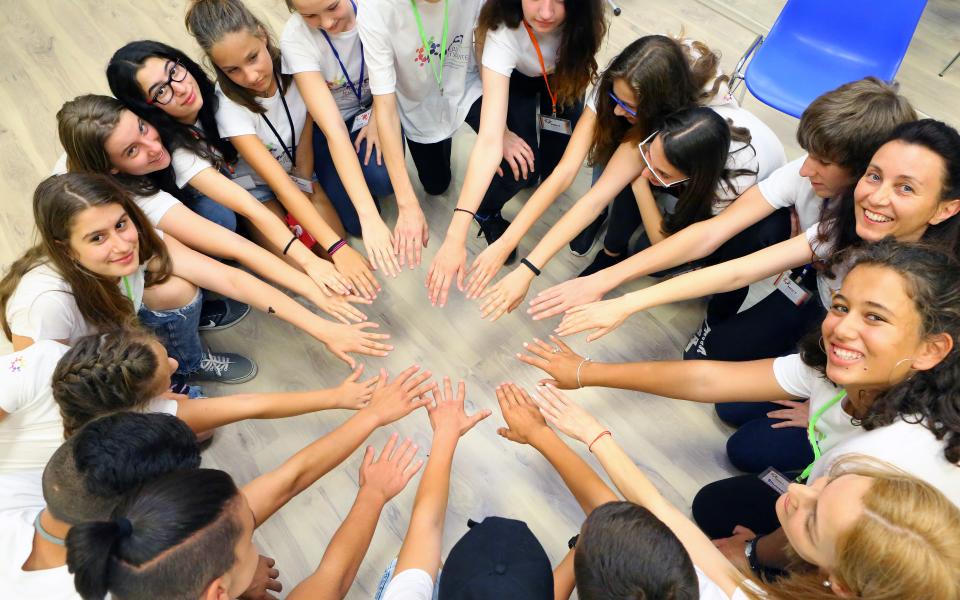
URI encourages people to help each other by reaching across religious, ethnic, and cultural lines, creating a culture of respect and safety that fosters peace even during difficult times.
Examples of our work in this Action Area:
- In Pakistan, the URI MCC Islamabad office works for inter-religious peace by addressing local Muslims' and Christians' joint need for necessities like roads, sewage systems, gas and water
- In Bosnia and Herzegovina, Youth for Peace CC's summer school brought together young people from different backgrounds to serve their community through volunteering efforts like helping disadvantaged families, painting houses, and repairing old cemeteries
- After a Helsinki mosque was vandalized, URI members from the URI Multiregion formed an interfaith group to clean it, sending a strong message that they would not allow their community to be divided
